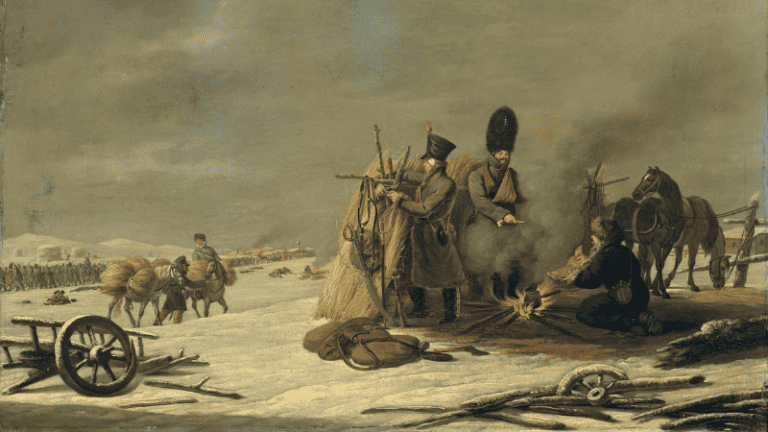Spinoza's approach to what it means to be human
"To be what we are and become what we can become is the goal of our lives."
Baruch de Spinoza
Baruch De Spinoza was a Dutch philosopher who is considered one of the main representatives of the rationalist school of thought. He was also one of the first thinkers to develop a comprehensive system of thought that included an ethical dimension.
In this blog post, we will explore what this quote means and what we can learn from it.
Spinoza's quote captures the human condition in a way that is both simple and profound. We are all born with certain talents and abilities. Some of us are born with a predisposition to learn to sing, paint, or play a musical instrument more easily. Others have an aptitude for mathematics or literature. The possibilities are endless. But regardless of our natural talents and abilities, we all have the potential to become so much more than we are.
The only way to realize our true potential is to constantly strive to improve ourselves. This does not mean that we should strive to be something we are not. Rather, it means that we should strive to be the best version of ourselves that we can possibly be.
And that is, lets this quote, what Spinoza considers to be the only true meaning of life. So what does it mean to be human in this context?
Being human means having the ability to fully realize our potential. And that is something we should all strive for.
Enormously exciting about this quote is the possibility to interpret it as follows:
It combines existential and essentialist approaches. In this quote, the human being has a certain potential that needs to be exploited - as was the case in various essentialist philosophies (many early philosophers such as Plato, Aristotle and Socrates were concerned with this approach). But also, the quote states that we can choose our role - as in existentialism - and is thus an early example of the philosophical school that emerged in the 1930s
Of course, that's just one way of interpreting this quote. How do you understand this quote?
Feel free to let us know in the comments.






